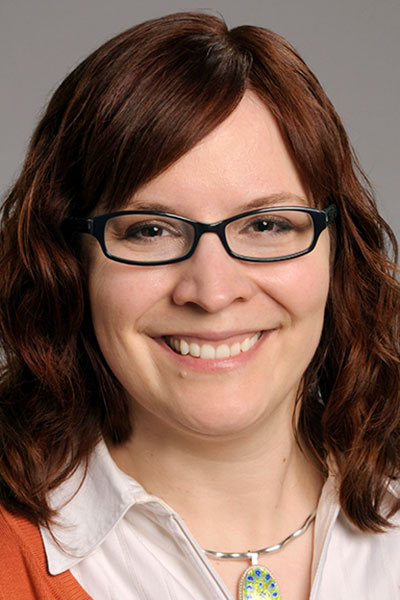Studies have suggested that the longer amount of time an immigrant spends in the U.S., the higher their risk of diabetes; however, the heterogeneity and diversity of immigrant populations present challenges for diabetes care providers and public health professionals.
Immigration and Diabetes: Diabetes Risk, Prevention, and Management in a Changing American Landscape will feature a panel of population health experts who will discuss the challenges of adapting programs and approaches to address diabetes care and prevention in immigrant populations and communities. The symposium will be held on Friday, June 23, at 3:45 p.m. PT in Ballroom 6A-B of the San Diego Convention Center. This session also will be available via livestream for registered meeting participants.

Aimee Afable, PhD, MPH, Associate Dean for Community Engagement and Associate Professor of Community Health Sciences at SUNY Downstate Health Sciences University, will discuss the factors that influence the risk of diabetes and the provision of care in immigrant communities.
“We have an increasingly diverse immigrant population in the United States, and people bring with them different sorts of lifestyles, different norms, and different cultural practices,” Dr. Afable said. “Overall, however, we do see a trend or pattern of increased risk of chronic disease, including diabetes and obesity, over time among immigrants.”
The epidemiology of diabetes among these populations varies by country of origin, as do acculturation and assimilation patterns, all of which contribute to disease risk and reflect the challenges in addressing that risk, she explained.
“With our changing demography and growing immigrant populations in the U.S., those patterns are going to change, and they are going to vary across different groups,” Dr. Afable said. “I think the take-home message is that we can’t generalize patterns across all immigrant groups. One size does not fit all. We need to be able to tailor approaches and interventions to specific populations.”

Mary Beth Weber, PhD, MPH, Associate Professor of Global Health at the Emory University Rollins School of Public Health and Emory Global Diabetes Research Center, will further discuss the influence of culture on diabetes prevention and management and the importance of culturally tailored intervention programs.
She will describe how proven programs, such as the National Diabetes Prevention Program, can be adapted using implementation sciences and qualitative and quantitative methodologies to make them feasible, sustainable, and culturally acceptable at community levels.
“There are always a lot of adaptations to make things cost-effective and sustainable, but cultural adaptation is key to implementing programs on a broader level, whether that be in communities, or in the clinic, or in a school setting—wherever people are thinking of doing these programs,” Dr. Weber said.
Moving forward, she suggested closing the gaps in the literature and providing better reporting regarding the approaches and tools that have been used in culturally adapting existing programs to make them appealing and appropriate for different populations.
“Cultural backgrounds and practices influence how individuals think and act, especially around lifestyle behaviors, and there are some great examples of culturally tailored diabetes prevention and management programs out there,” Dr. Weber said. “But there is a lot of information that is lacking to help others to successfully adapt them in their communities. In order to be successful, we need better reporting on how people are measuring things like acceptability or uptake, for example, so we know what works and what doesn’t.”
Also during this session, Alicia Fernandez, MD, Professor of Medicine and Associate Dean of Population Health and Health Equity at the University of California, San Francisco School of Medicine, will discuss the association between English proficiency and access to care.